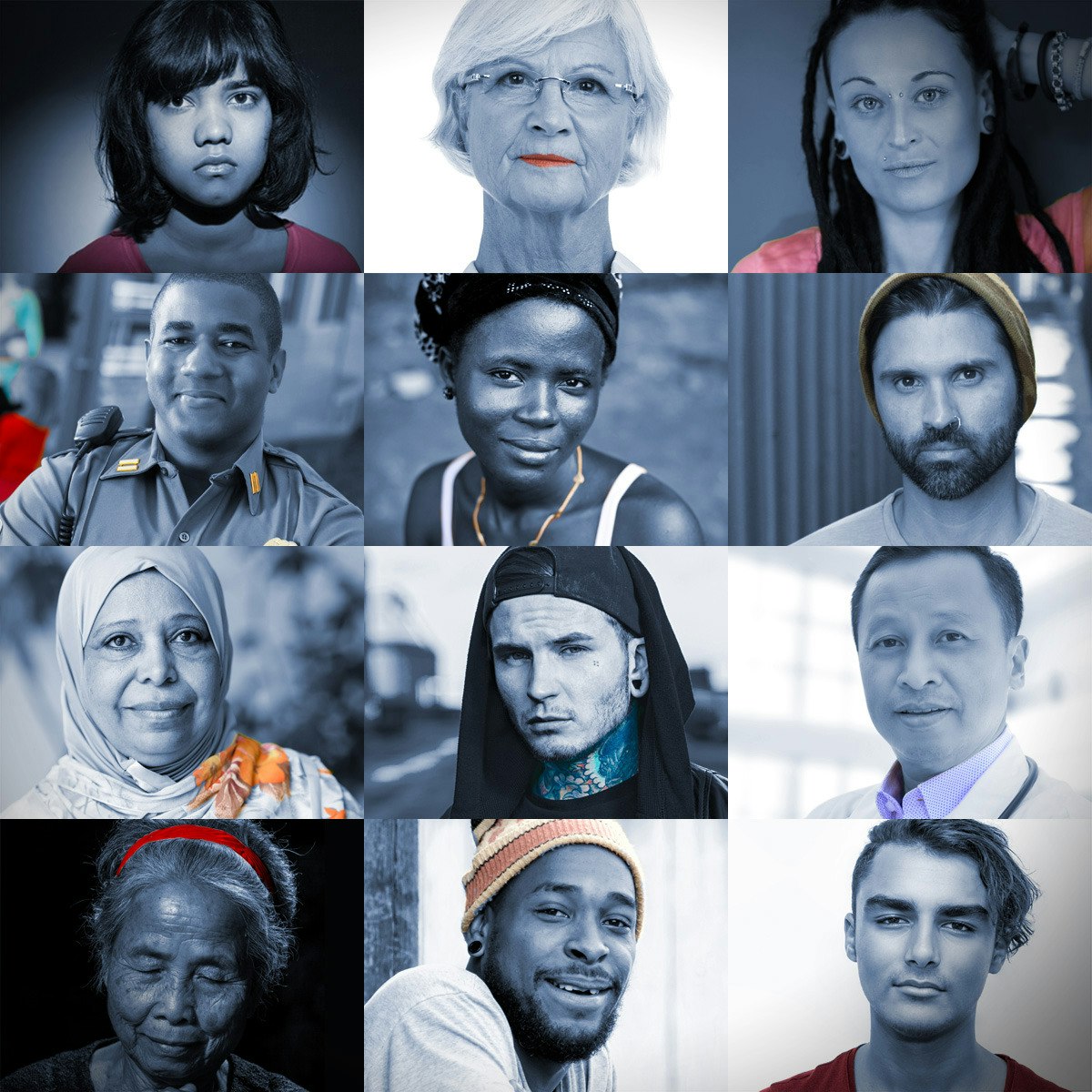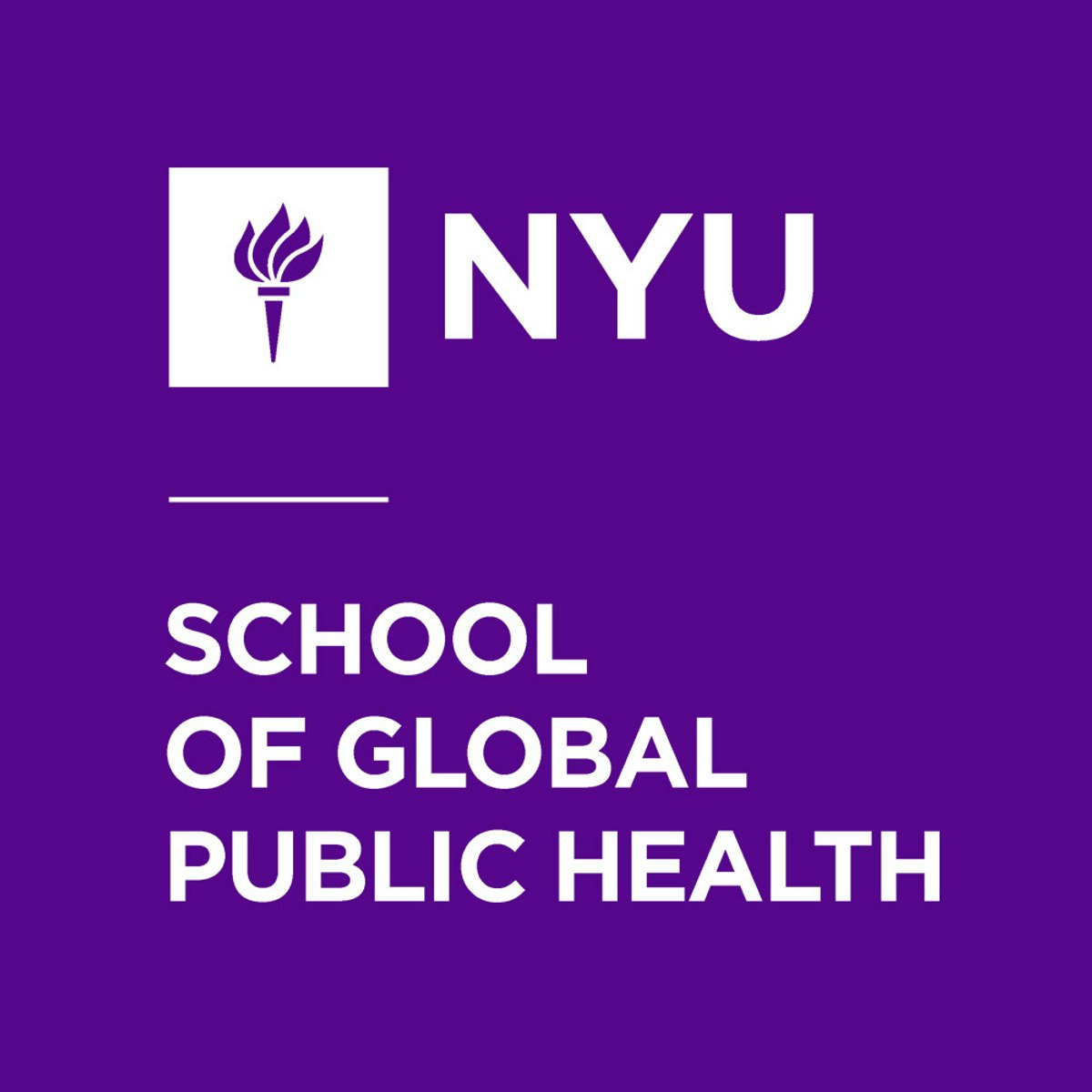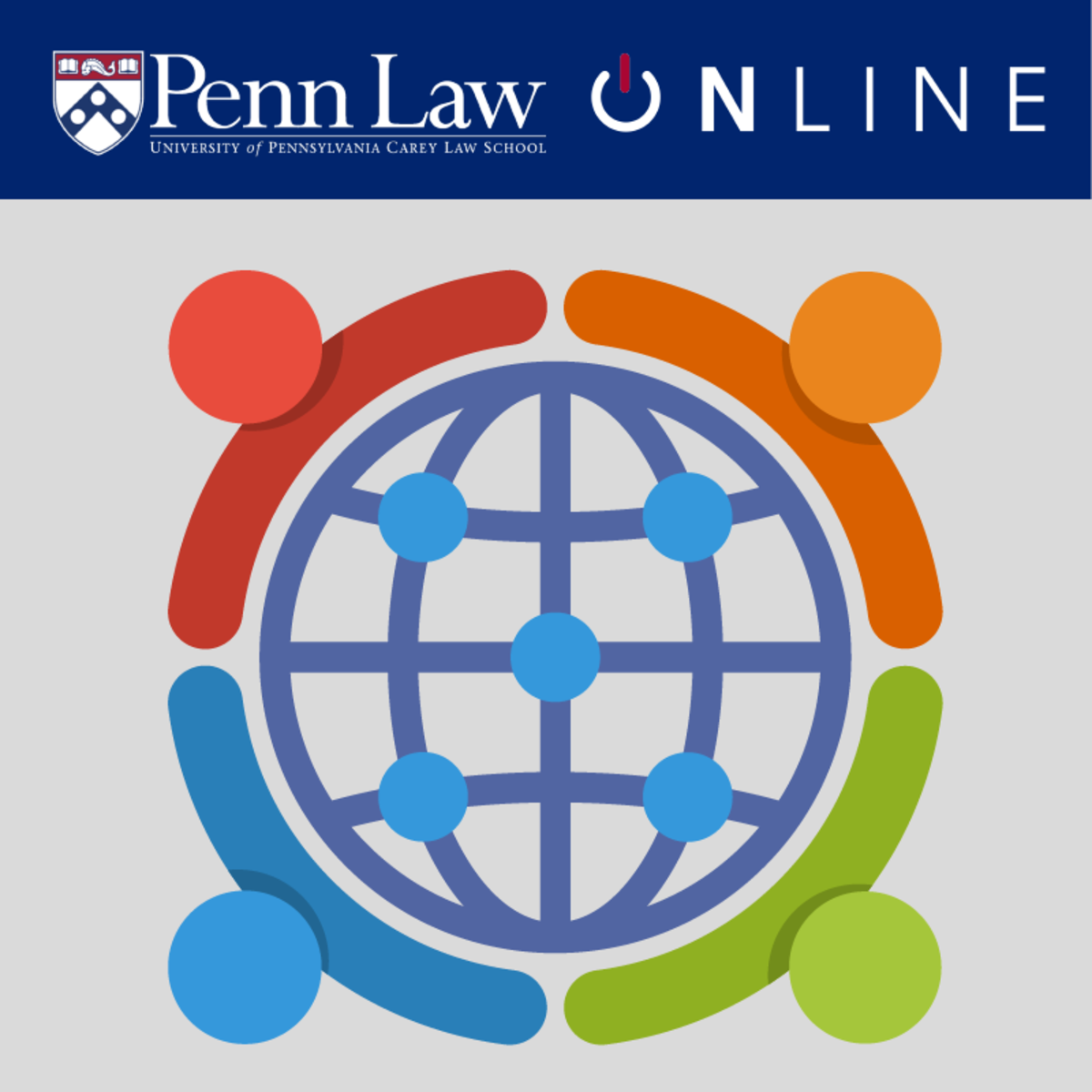Back to Courses









Public Health Courses - Page 9
Showing results 81-90 of 196

Communicating During Global Emergencies
In collaboration with the Rollins School of Public Health and the CDC's Division of Global Health Protection, Emergency Response, and Recovery Branch, this course introduces basic concepts and principles of communicating during a global crisis or emergency. It explores why communication during an emergency is different and the importance of adapting emergency messages to the needs of affected populations. Through sample scenarios, you will get the opportunity to identify information needs and develop useful messages using six guiding principles to help you communicate effectively and promote behaviors that reduce health risks during an emergency.

Foundations of Public Health Practice: The Public Health Toolkit
The Foundations of Public Health Practice: The Public Health Toolkit builds on public health thinking (introduced in the previous course) and introduces a variety of core public health approaches (the toolkit) to conceptualising problems, conducting analysis and bringing forward recommendations. In this course we cover health needs assessment, evaluation and public health intelligence-approaches.

Global Health Policy
In this course, learners will become familiar with principles and theories of global health problems, and major challenges and controversies in improving global population health as well as practical applications of quantitative methods to analyze and interpret issues and challenges for policy. Topics will include health and foreign policy, health governance, acute disease surveillance, non-communicable diseases, burden of disease, universal health coverage, health systems strengthening, health financing, and human resources for health and ageing.

Drugs, drug use, drug policy and health
This MOOC is the first of its kind, since it addresses critical issues related to drugs from a multidisciplinary, health and human rights-based approach. Throughout the course you will cover a range of questions including what are drugs and why they controlled? What are the benefits and harms of taking drugs? How public health policies can address drug use?
You will also learn about the intricacies of the international drug control framework and the negative consequences of widespread prohibitionist drug policies around the world. Finally, you will examine ways of furthering drug policy reform.
The topics will be presented by over 40 speakers from scientific, academic and institutional backgrounds, spokespersons of civil society as well as people who use drugs presenting their views.
By the end of the course you will have:
- a strong understanding of the major health issues related to drug use and drug policy;
- a clear vision of why drug policy is debated today;
- and, if you so wish, you will be equipped to engage in the drug policy reform movement at your local or regional level.

Knowledge and Skills for Dementia Care: the SSLD Approach
This course is designed and produced by Professor Ka Tat Tsang of the Factor-Inwentash Faculty of Social Work in collaboration with the Institute for Life Course and Aging at the University of Toronto.
This course aims to inform learners about dementia and dementia care from an SSLD perspective, including, community care, in-home support, and long-term care. This course will cover the continuum of senior services and support across different settings, including, private caregiving, community services, and institutionalized residential care. Course components are designed to equip learners with practical knowledge regarding dementia and dementia care. This course also features top-notch researchers and practitioners who will be sharing their expertise and experience on recent research developments about dementia and other related topics, including, advance care planning, elder abuse, management of behavioural and psychological symptoms associated with dementia, sexuality and intimacy, consent and capacity, legal issues, principles of designed space and aging-in-place, substance use and addiction in older adults with dementia, senior care models, etc.
Upon the completion of this course, learners will possess a holistic understanding of the needs and characteristics of older adults living with dementia, and will also be equipped with the knowledge and skills needed to enhance their competency in providing care.

Introduction to the Multiphase Optimization Strategy (MOST)
This course is aimed at intervention scientists working in any area--including public health, education, criminal justice, and others—interested in learning about an innovative framework for conducting intervention research. This course will show you how to use the multiphase optimization strategy (MOST) to: streamline interventions by eliminating inactive components; identify the combination of components that offers the greatest effectiveness without exceeding a defined implementation budget; develop interventions for immediate scalability; look inside the “black box” to understand which intervention components work and which do not; and improve interventions programmatically over time. In this course you will relate the MOST framework to your research objectives; learn how MOST differs from the standard approach to intervention development and evaluation; learn how to complete the preparation and optimization phases of MOST; and become familiar with rigorous and highly efficient experimental designs that will enable you to examine the performance of individual intervention components.

Introduction to Digital health
This course introduces the field of digital health and the key concepts and definitions in this emerging field. The key topics include Learning Health Systems and Electronic Health Records and various types of digital health technologies to include mobile applications, wearable technologies, health information systems, telehealth, telemedicine, machine learning, artificial intelligence and big data. These technologies are assessed in terms of the key opportunities and challenges to their use and the evidence of their effectiveness in the field of digital health in relation to public health and healthcare globally. The use and application of digital health for COVID-19 forms a case study demonstrating the use of different types of digital health technologies to address key aspects of the response to the virus globally.

Comparative Health Systems
This course uses comparative analysis of health care systems to gain a better understanding of health care systems in several high-income, middle-income and low-income countries. One focus of analysis in this course will therefore be to develop a better knowledge of these health care systems. A second focus will be to use to this analysis to gain a better understanding of the health care system in the United States. This analysis is relevant for those who are directly interested in the United States, but it is also relevant for those students who are seeking to enhance knowledge of the health care systems in their home countries by gaining a better understanding of the United States’ health care system.
A comparative analysis of health systems will help managers and health care professionals who are responsible for optimizing organizational outcomes by improving the quality of health care and simultaneously reducing the costs of health care. The course will use of a combination of the World Health Organization building blocks framework along with theories of complex systems to establish a framework to compare health systems in a number of high-income, middle-income, and low-income countries. This analysis will develop the capacity of managers to critically evaluate relationships between their organizations and the broader set of interactions between the building blocks that make up particular health care systems.

Resilience in Children Exposed to Trauma, Disaster and War: Global Perspectives
How do children overcome hazardous experiences to succeed in life? What can be done to protect young people at risk from trauma, war, disasters, and other adversities? Learn about the importance of fostering resilience in children at risk.
During this course, participants will: learn how trauma can affect children and the systems they depend on, gain insight into core concepts, research methods and lessons learned in last 50 years of resilience research, learn how research is being applied in the real world through interventions that promote resilience, and engage in discussions with others who are working with children at risk around the world
Participants are welcome to take the MOOC at no cost or to register for a Course Certificate ($49). Those who register and earn a Course Certificate from Coursera also are eligible to sign up for continuing education clock hours through the University of Minnesota.
Participants can earn 10 clock hours of continuing education credit (added cost $99) from the College of Education and Human Development at the University of Minnesota. Go here http://z.umn.edu/1a5q to register for continuing education clock hours for completing this course.

Opioid Epidemic: From Evidence to Impact
While prescription opioids serve an invaluable role for the treatment of cancer pain and pain at the end of life, their overuse for acute and chronic non-cancer pain as well as the increasing availability of heroin and illicit fentanyl, have contributed to the highest rates of overdose and opioid addiction in U.S. history. Evidence-informed solutions are urgently needed to address these issues and to promote high-quality care for those with pain. This course and the report it is based on are a response to that need. They offer timely information and a path forward for all who are committed to addressing injuries and deaths associated with opioids in the United States.
Popular Internships and Jobs by Categories
Find Jobs & Internships
Browse
© 2024 BoostGrad | All rights reserved